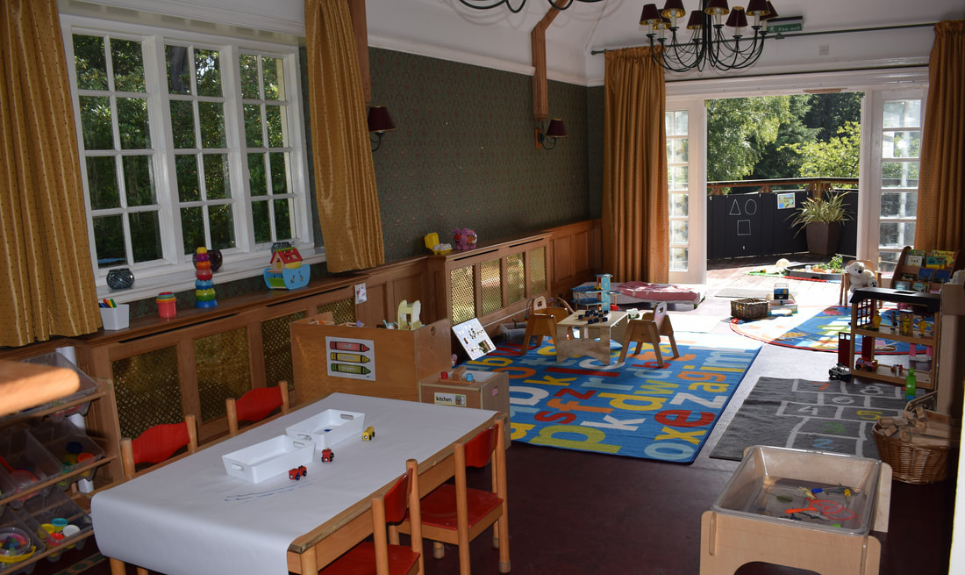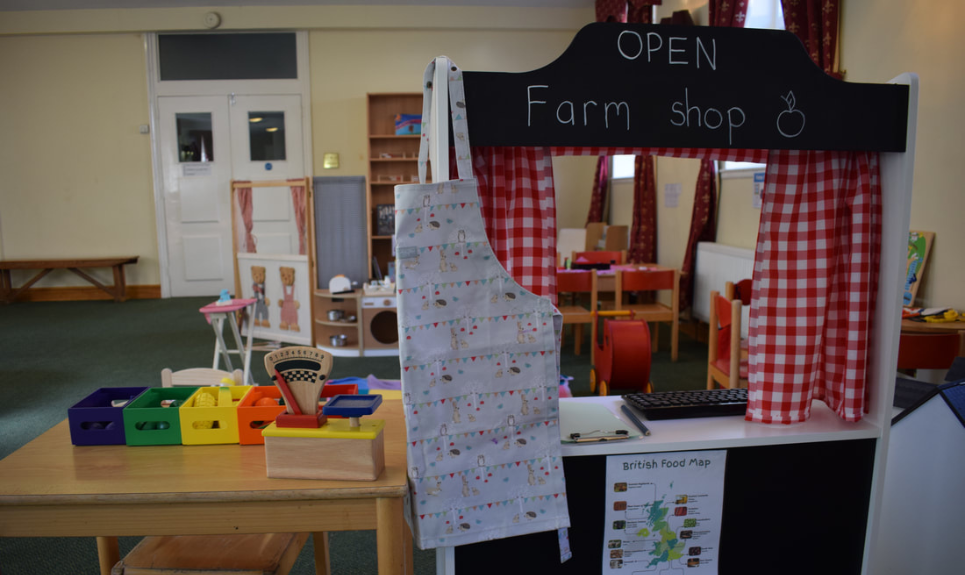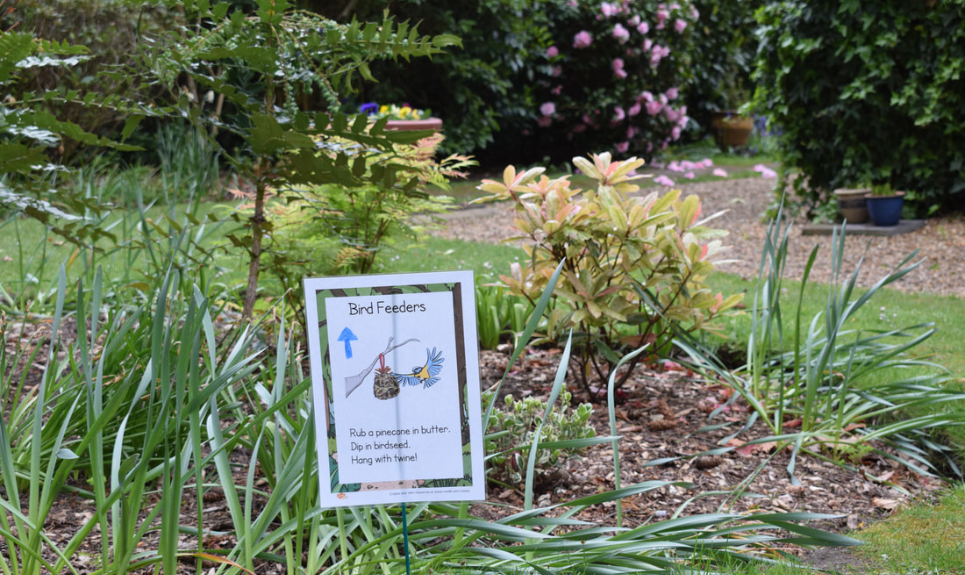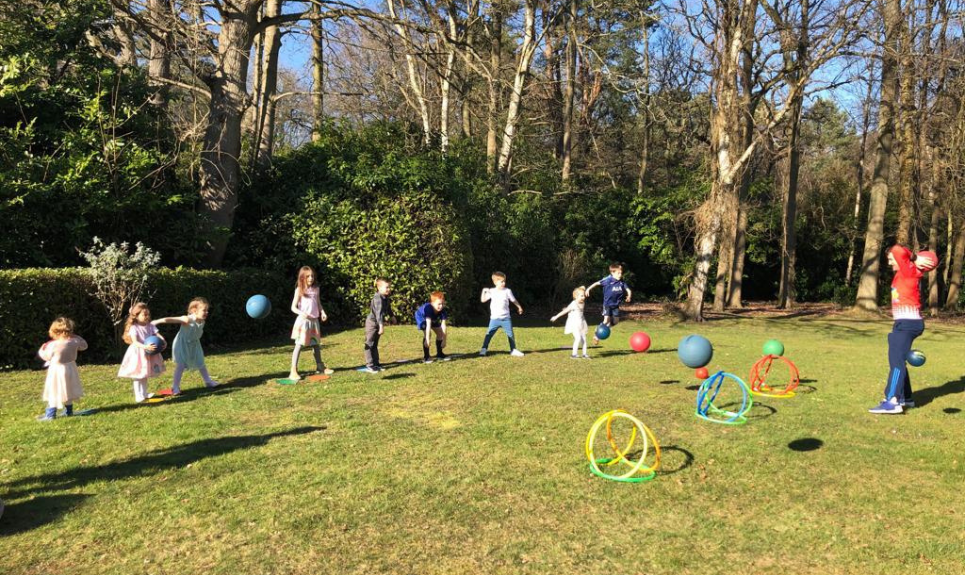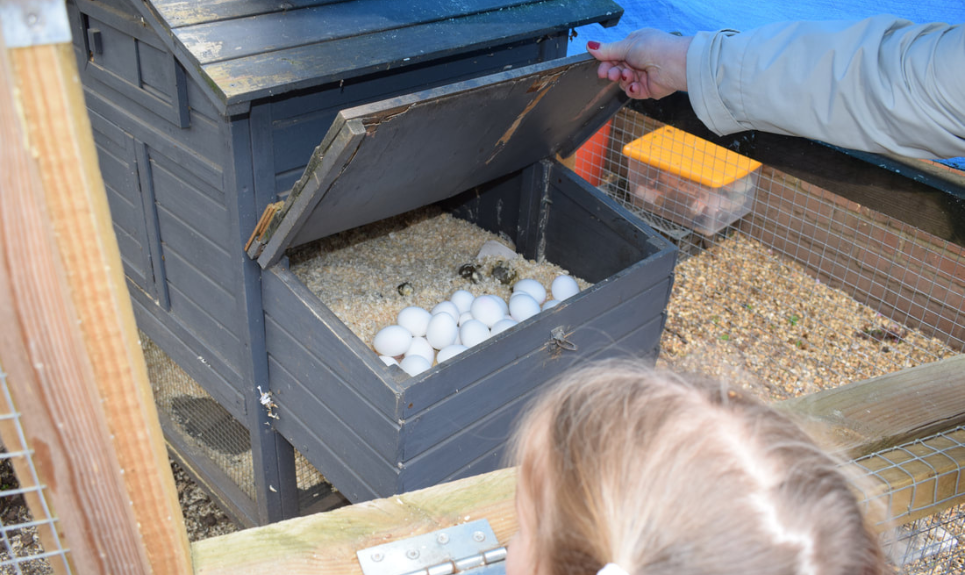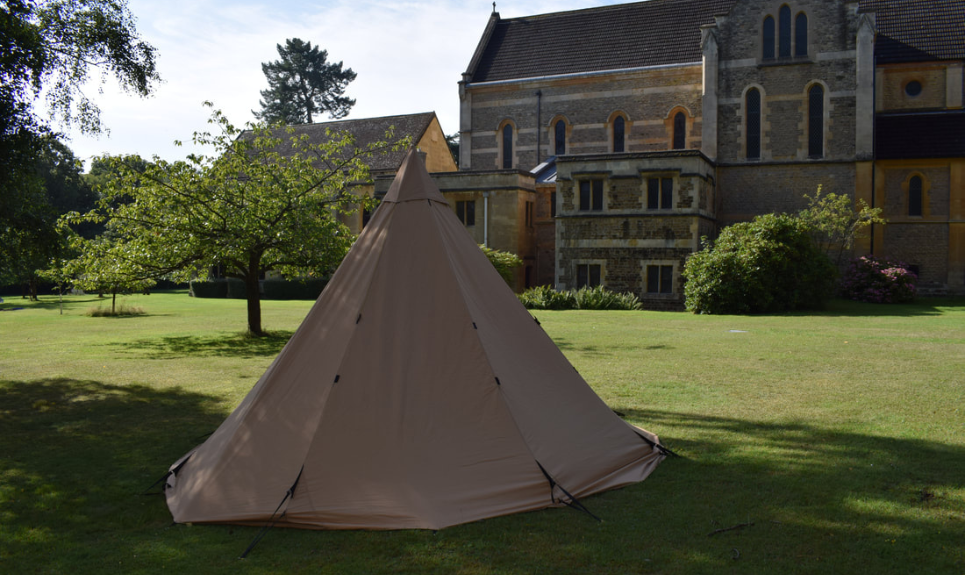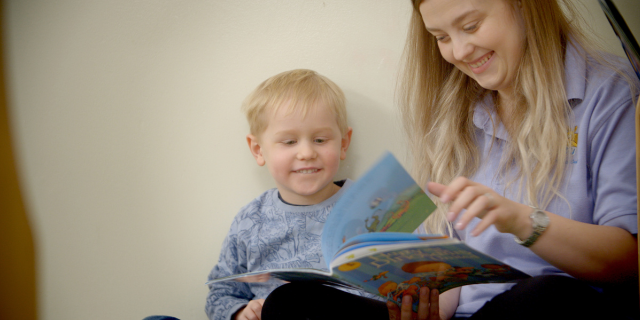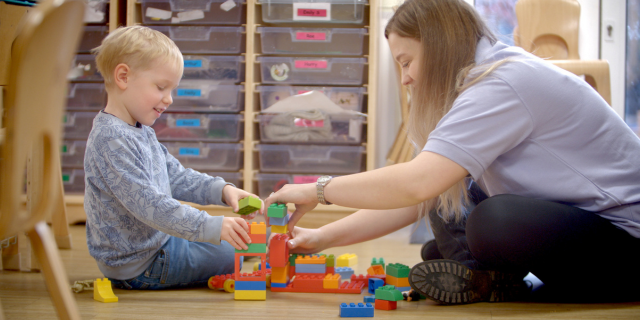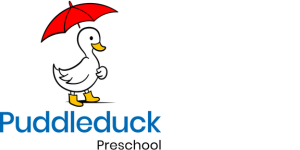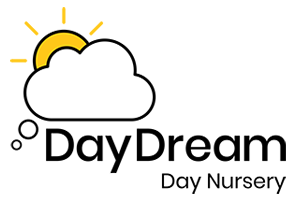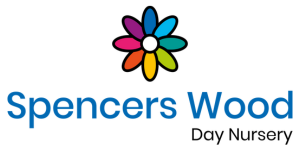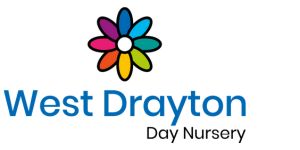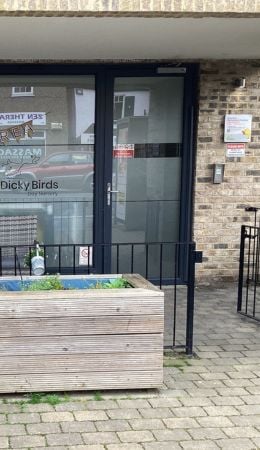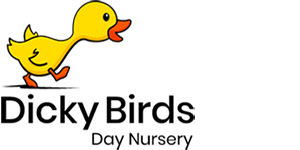
Puddleduck Day Nursery in Ascot (St Martins Church)
Opening Times
Mon to Fri: 8:00pm – 6.00pm
Address
St Martin's Church Road, Chavey Down, Ascot SL5 8RR
Contact
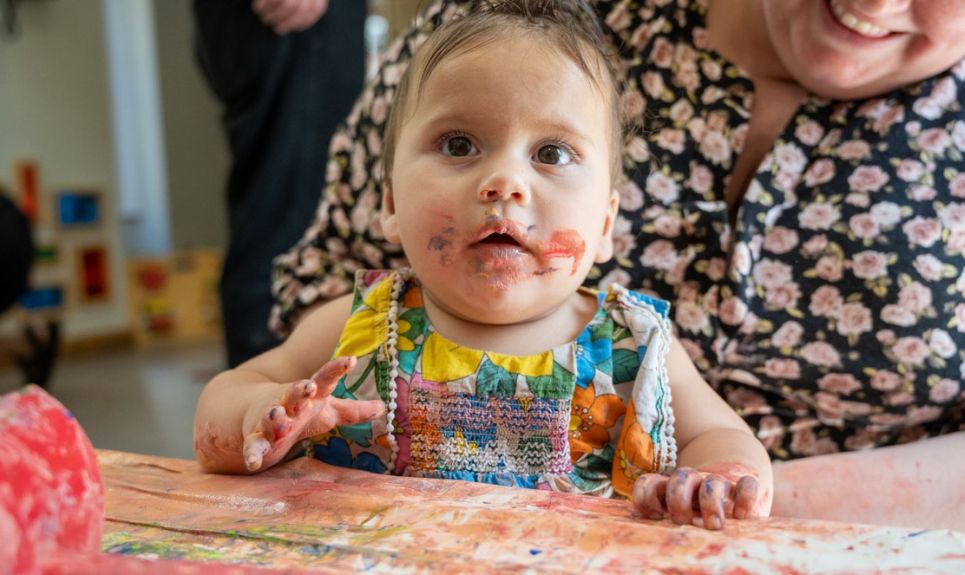
Nursery gallery
Swipe to see more photos of our nursery
Welcome to our nursery!
Our Puddleduck Day Nursery in Ascot (St Martins Church), located in Chavey Down is the perfect place for your child to develop a lifelong love of learning. When children reach 2- 2.5 years (earlier if they are ready), they transition over to Puddleduck Preschool in Ascot (Priory Road), a few steps away from St Martin’s.
At Grandir UK, we pride ourselves on helping each child to become their unique self, through early years approved play and activities. Creating an inclusive, safe, and welcoming environment allows your little one to explore and grow, with specialist support to aid them in their earliest adventure.
For children aged one to two and a half years, our St Martins Nursery provides excellent links to highly sought-after private schools in the area. We can also help your little one transition to our Ascot Priory Road Nursery (just a few steps away) when they’re ready to move on.
Our stimulating nursery at St Martins helps even the youngest children to thrive, with a curriculum planned carefully to incorporate each little one’s unique interests and needs.
Play is at the heart of everything we do at our St Martins Nursery. Set in the glorious hamlet of Chavey Down in Ascot, there is no better place for your child to explore the world of education, soak up their surroundings through creativity and most importantly – play.
Why choose our nursery on St Martins Church Road?
- Home-from-home environment
- Enrichment activities
- Sought after area
- Links to private schools
- Healthy and nutritious meals
Find out more, register your interest today.
Meet the manager

Nikki Sewell
Nursery Manager
Nikki Sewell has a wide range of experience in the early years sector with a passion for providing high quality childcare with families and children at the centre of all she does.
Nikki Sewell has a wide range of experience in the early years sector with a passion for providing high quality childcare with families and children at the centre of all she does.
Parent Info
Visit our hub full of learning activities, play ideas and nutritious recipes for you and your little one to try at home. All approved by our early years specialist teams and designed to aid development.

Food and nutrition
Explore our nutritious and tasty recipes.

Activities
Take a look at our fun and educational activities.
Ready to book a visit?
Find the perfect place for your family and book a nursery visit today.
Read our blog
Swipe to see our latest articles.
Events near you
Swipe to see our local events.
